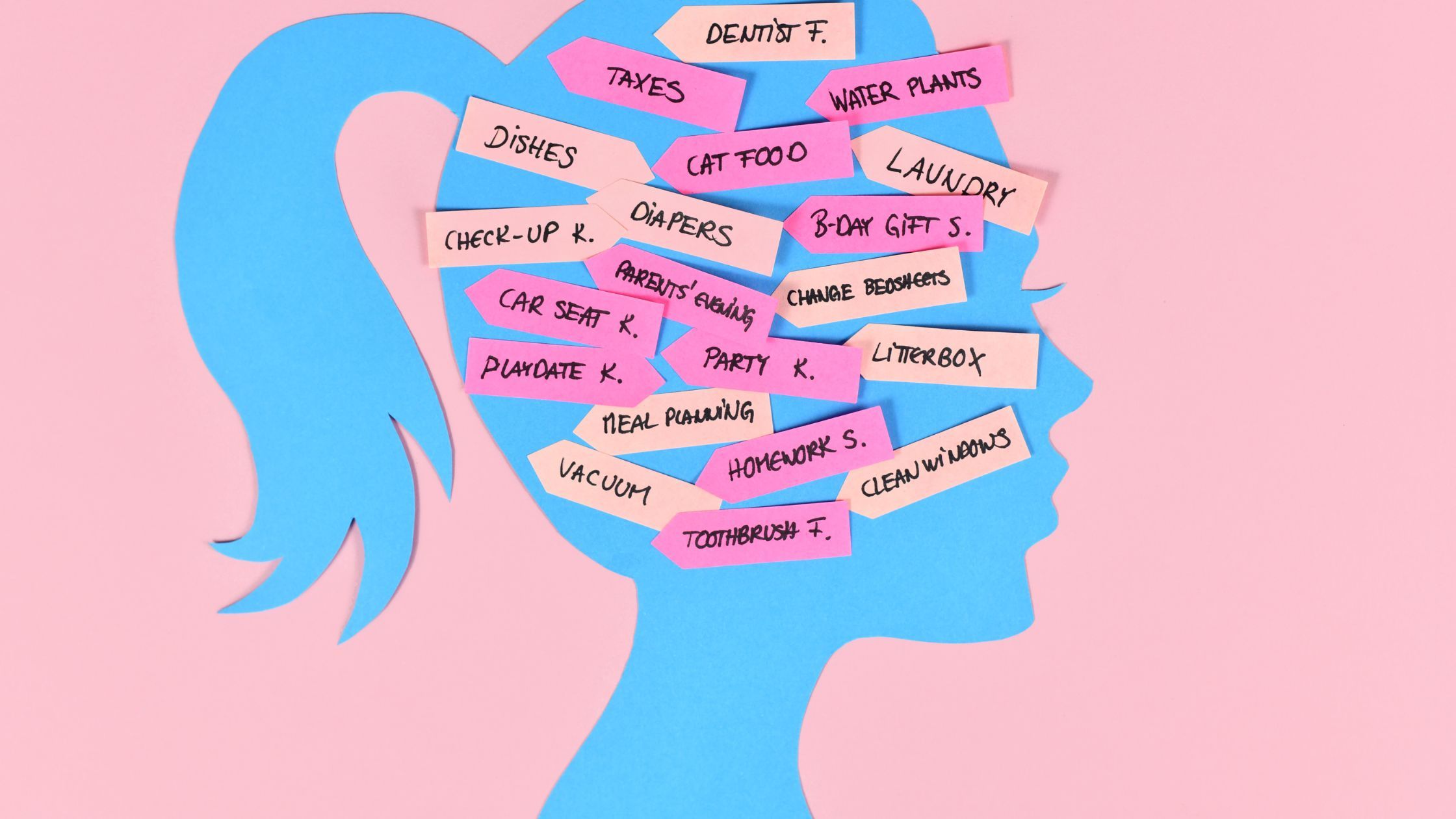Micromanagement, The Unhealthy Compulsion To Control

As the name suggests, micromanagement starts with the smallest details. The perfectly laid table, the family’s color-coordinated outfits, the flawless execution of the next project or event – the images in our heads and on social media show: Everything seems controllable. But what happens when the desire for perfection escalates into constant monitoring and micromanagement? Lisa Boje, an expert in leadership and crisis management, sheds light on the topic.
Micromanagement is not only omnipresent in our professional lives, but also in our everyday lives. The result: stress, overwork and a loss of joie de vivre. Micromanagement is a phenomenon that goes far beyond the executive suite – it affects our thoughts, actions and health.
What exactly is micromanagement?
Micromanagement is the urge to control every detail and constantly monitor everything yourself. On the job, it looks like this: A supervisor who checks every move, allows no autonomy and prefers to live “verify” instead of “trust”. But it also manifests itself in our private lives – when we can’t lean back because everything has to be “perfect” and we already know that we can do it better than the others.
Expectations of ourselves increase immeasurably: the perfect dinner, the flawless skin routine, the styled look. But while we desperately try to stay in control, we lose our ease. And we lose friends. What happens when we constantly want to have “everything under control”?
The need to control – an attack on our health
Micromanagement, whether professional or private, leads to a constant state of alert. Our body is in “fight or flight” mode, adrenaline and cortisol flood our system. The consequences: Sleep disorders, exhaustion and, in the long term, burnout.
Psychologists confirm this: Those who want to control everything live in constant worry. The urge for perfection is often a response to insecurities and deep-seated fears – an attempt to feel secure through control. Paradoxically, however, this creates the exact opposite: we feel overwhelmed and overwhelm others.Mikromanagement zerstört
Micromanagement destroys relationships – including with ourselves
Who doesn’t know them, the people who are constantly “doing a quick touch-up”, doing everything themselves or questioning every little decision? Whether it’s the partner who wants to set the dishwasher cycle “just right” or the girlfriend who always plans everything down to the smallest detail. The parent who does everything for the child and ties their shoes instead of letting them do it themselves is devastating. Such behavior makes us feel unreliable or incapable as their counterpart – and that eats away at relationships.
It’s the same with ourselves: eternal perfectionism leaves little room for mistakes, spontaneity and relaxation. When every little routine, whether it’s a fitness challenge or beauty care, becomes a pressure to perform, we lose our sense of the essentials: self-love, acceptance and the joy of life.
How to let go of control and enjoy life again
Letting go of control not only gives you back time, but also inner peace and ease. Here are some steps to break the micromanagement vicious circle:
- Practice trust: Not everything has to be perfect. This applies to the job just as much as to the table setting. Learn to trust others – and yourself.
- Accept mistakes as part of life: True beauty lies in imperfection. It’s okay if something doesn’t go according to plan. This makes you appear genuine, authentic and human and opens the door to deeper relationships.
- Gain distance: If you notice that you are falling into old patterns, step back. Ask yourself: Is this really important? What will happen if I don’t control it? If nothing grossly bad is to be expected, take the risk and inwardly deselect your perfectionism.
- Re-prioritize: Not everything has to be planned down to the smallest detail. You will also gain time and serenity. Some things work better if you just let them happen. You don’t believe that? Try it out!
Conclusion: Giving up control means gaining freedom
In our modern age, which is characterized by perfectionism, micromanagement is a silent danger – for our health, our relationships and our well-being. Less control does not mean less performance, but more room for creativity, serenity and quality of life. It is worth giving up control, sharing responsibility and trusting that not everything has to be perfect. Because that is where the real beauty of life lies.

C&C Autorin aus der Schweiz
Lisa Boje ist eine renommierte Expertin für Leadership und Krisenmanagement, die Unternehmen durch anspruchsvolle Veränderungsphasen und Schieflagen begleitet. Als „Top 100 Excellence Trainerin“ und gefragte Speakerin kombiniert sie langjährige Erfahrung mit praxisnahen Ansätzen zur Führungskräfteentwicklung und Teammotivation. Mit ihrer lebendigen Art weckt Lisa die Potenziale müder Teams, etabliert eine Kultur des Vertrauens und unterstützt Unternehmen dabei, Herausforderungen souverän zu meistern.


